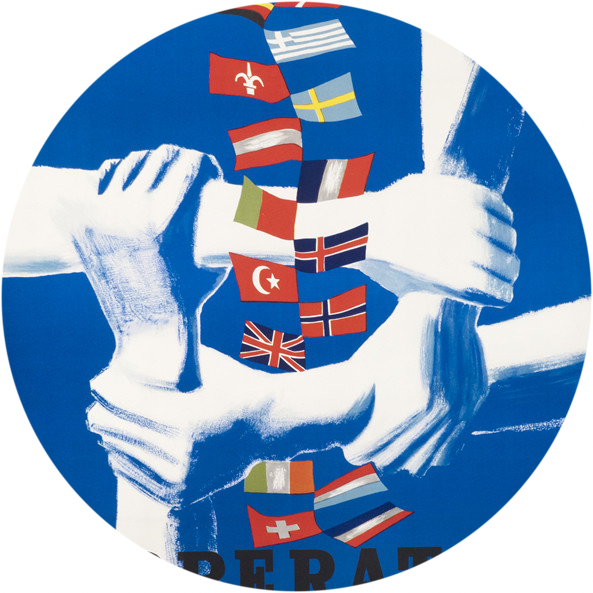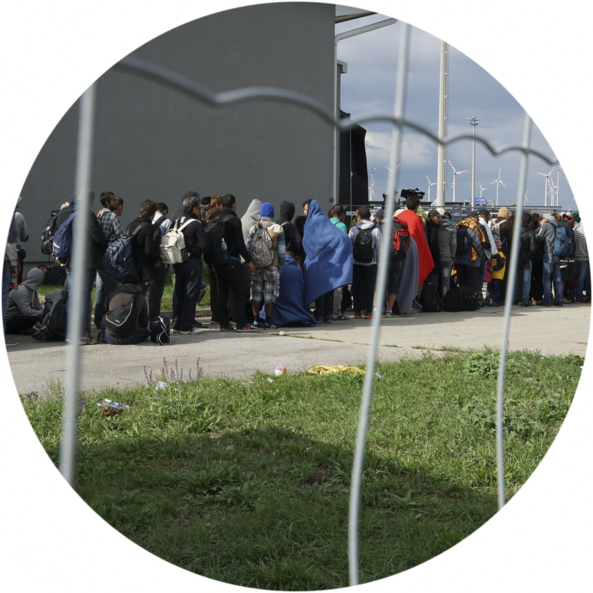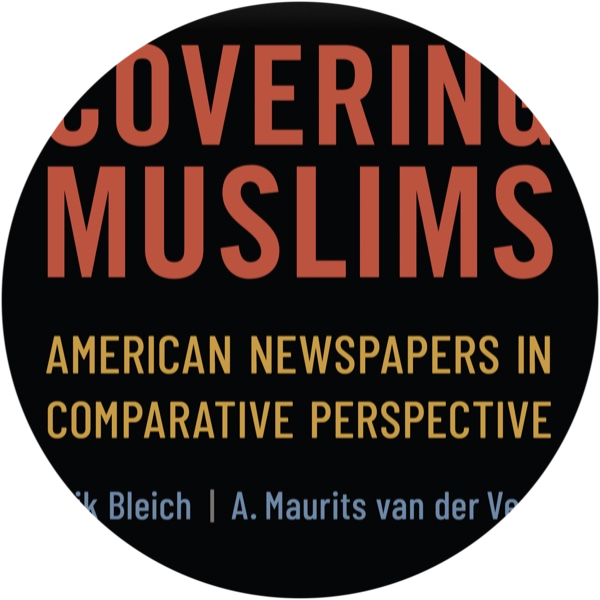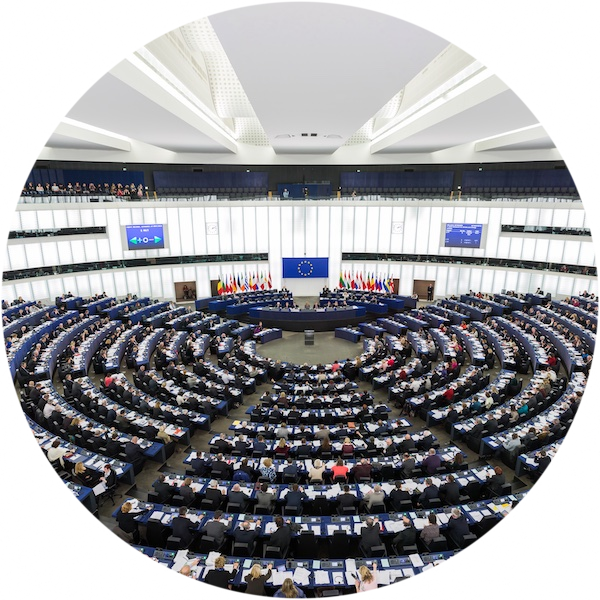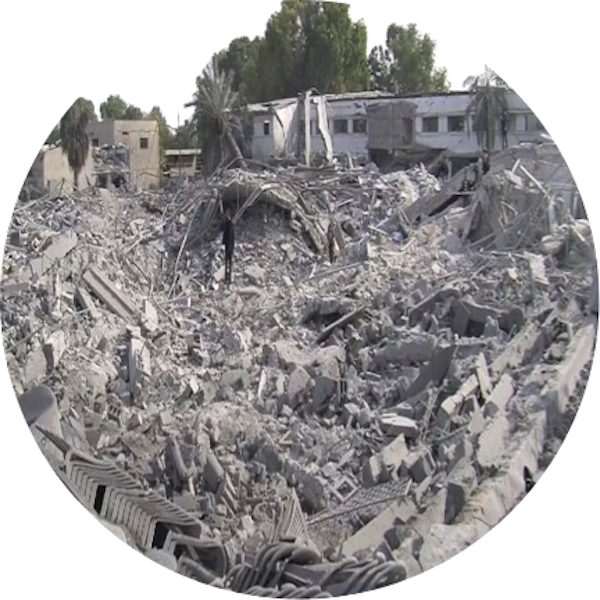
Dehumanization of Palestinians in the press
Israel’s war in Gaza has heightened interest in the nature and prevalence of dehumanizing rhetoric. Dehumanizing language can both signal and reflect dehumanization, and thus serves as an important warning sign. We have developed several different metrics for measuring how much dehumanizing text appears in the coverage of Palestinians, as compared to Israelis, in the press of several different countries (including Israel itself).
Illustration: Voice of America, https://picryl.com/media/destroyed-gaza-area-1507b5, Wikimedia commons license
